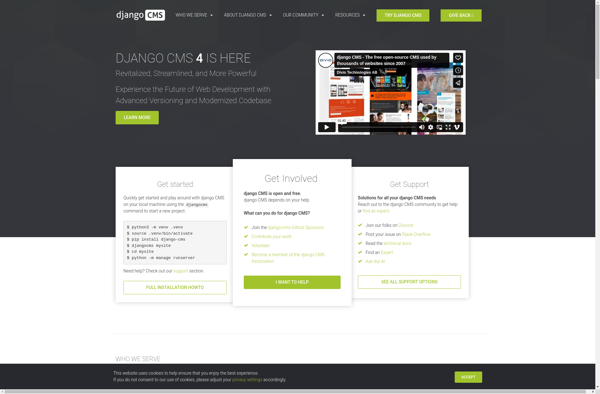Ubiquo
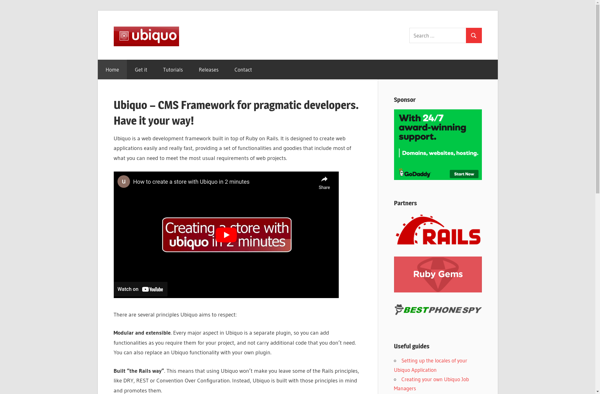
Ubiquo: Open Source Content Management System
Open source content management system written in Ruby on Rails, designed for easy use by developers and non-technical users alike, integrating blogging, forums, e-commerce, and more.
What is Ubiquo?
Ubiquo is an open source content management system and web framework written in the Ruby on Rails programming language. It takes advantage of Rails' rapid development capabilities to create feature-rich websites and web applications quickly and easily.
Some key features and benefits of Ubiquo include:
- Out-of-the-box support for blogs, forums, e-commerce stores, user management, search, and more
- Modular architecture allows enabling only the features you need
- Simple installation and setup process
- Administrative backend for managing content, users, settings
- Customizable themes and templates using standard HTML and CSS
- SEO-friendly URLs and built-in support for site search engine optimization
- Support for multiple sites and locales from one Ubiquo codebase
- Open source under the MIT license with an active development community
Ubiquo aims to balance power and flexibility for developers with ease of use for less technical staff and clients managing websites day-to-day. Its extensive feature set and Rails foundation make Ubiquo a good choice for publishing sites, web apps, online communities, and other web properties needing rich out-of-box functionality.
Ubiquo Features
Features
- Content management system
- Built on Ruby on Rails
- Open source
- Integrated blogging
- Integrated forums
- Integrated e-commerce
- Easy to use for developers and non-technical users
- Quick setup
Pricing
- Open Source
Pros
Cons
Official Links
Reviews & Ratings
Login to ReviewThe Best Ubiquo Alternatives
Top Development and Content Management Systems and other similar apps like Ubiquo
Here are some alternatives to Ubiquo:
Suggest an alternative ❐WordPress
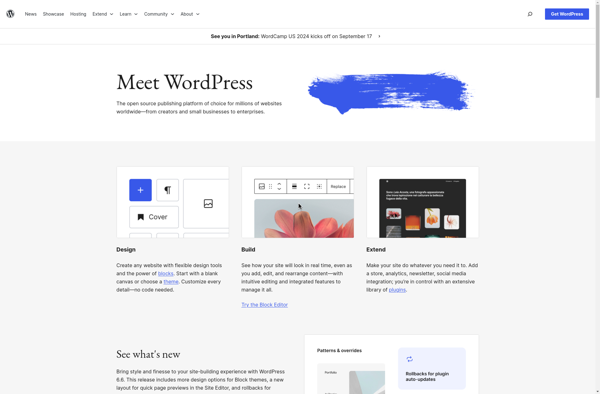
Drupal
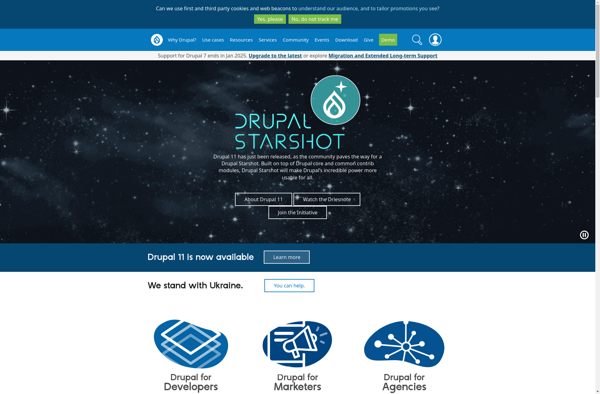
Directus
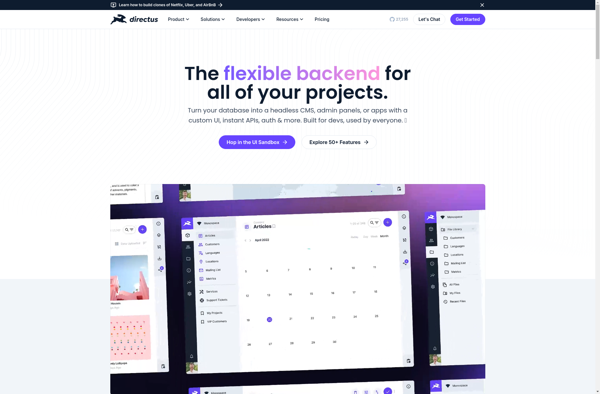
Joomla
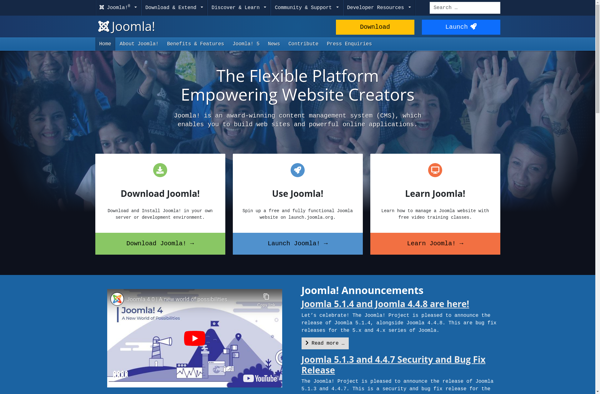
Plone
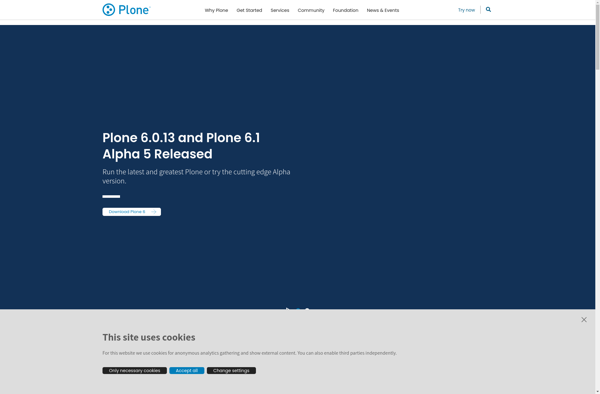
DEV Community
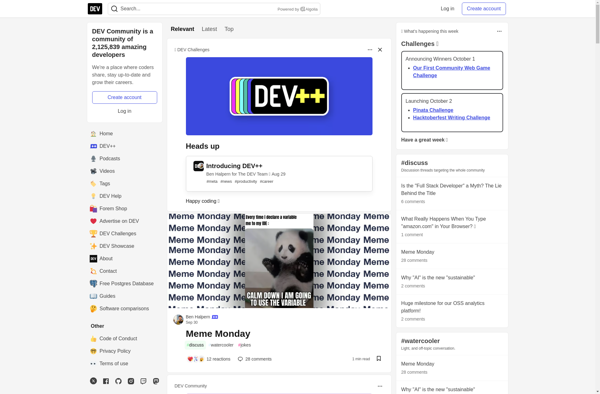
ProcessWire
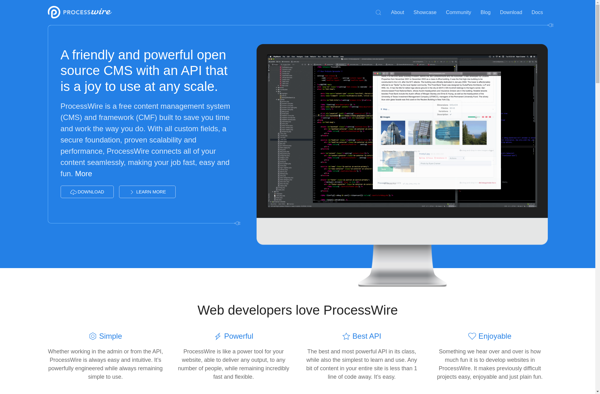
Tiki Wiki CMS Groupware
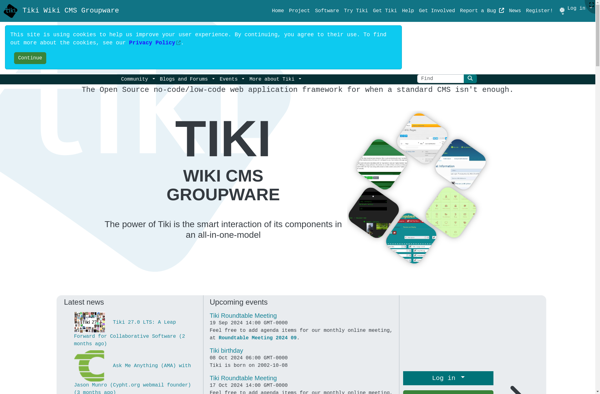
MODX
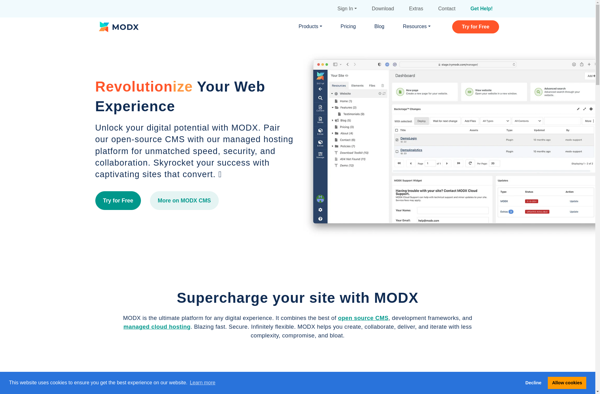
Django CMS
